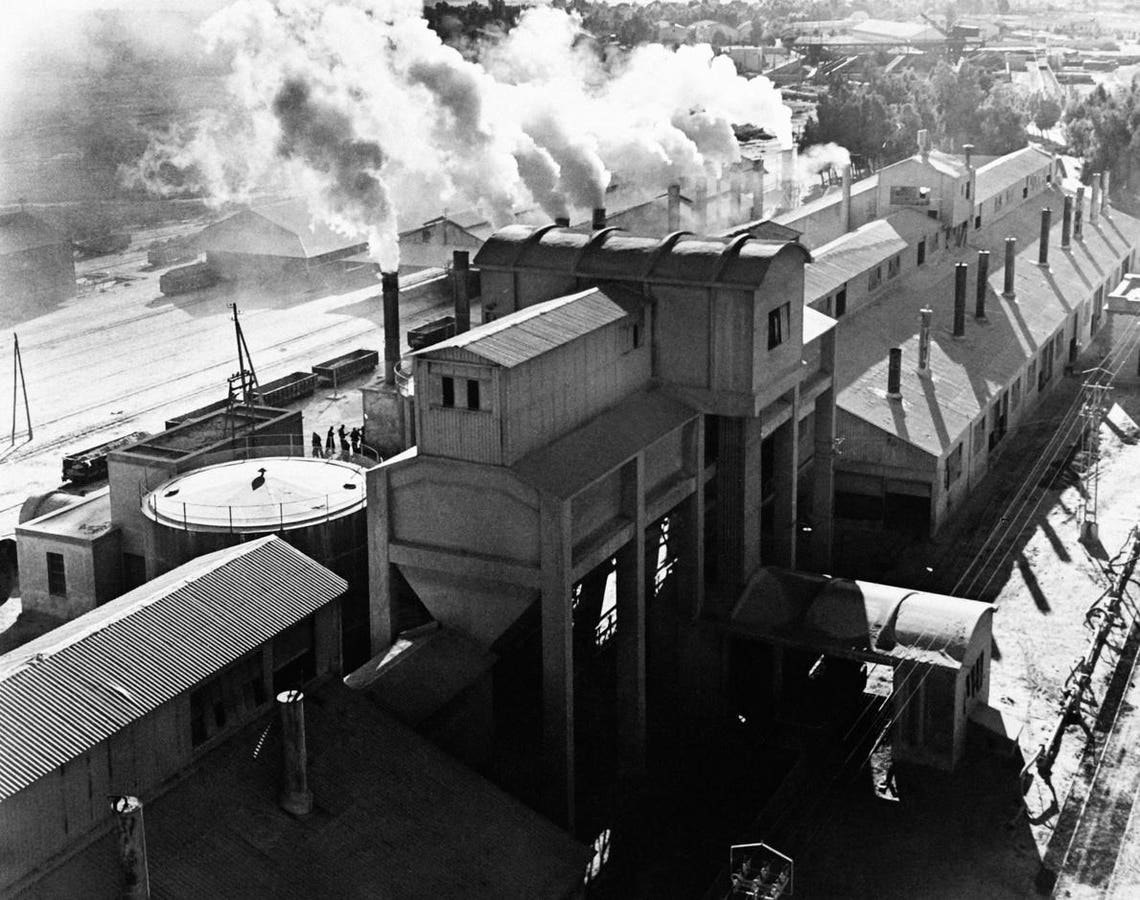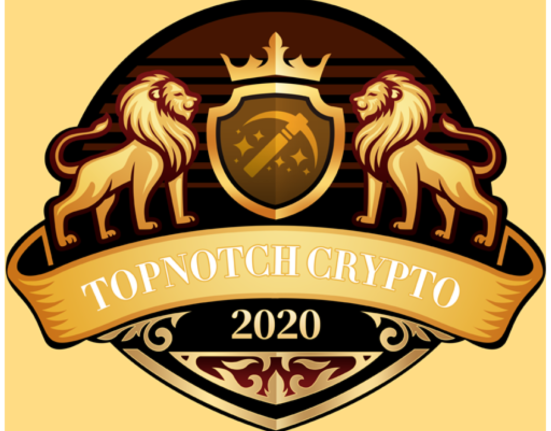Phosphorus is integral to agriculture and human life. We can’t grow any of our food without it. Of the phosphorus fertilizers applied, perhaps 20% ends up consumed in the final product. Large amounts will be lost to runoff, ending up in our water systems, causing general pollution and feeding harmful algal blooms.
As CO2 levels rise, soil phosphorus becomes less available for certain key crops like paddy rice. This means more will have to be applied. If we have endless amounts of phosphorus then this isn’t an issue, phosphorus can be applied as liberally as we like.
We Have About 100 Years Of Phosphorus Left On Earth
That will be a pretty hard limit when it’s reached. It will be difficult to replace the source of phosphorus when the phosphate mines run out, so recapturing as much as possible is our best strategy. The reserves confirmed in Norway in 2023 have nearly doubled our known global supply, but this is still a finite resource. What’s more, the mining isn’t simple and clean; even with expanded reserves we all want clean air and water, which phosphate mining doesn’t support. Strip mining always destroys the surface landscape and ecosystems which is bad, for sure; with mining phosphates we further release heavy metals and radioactive materials that add more risks. Florida and the Netherlands are not rushing to exploit their reserves because of the environmental impact of mining phosphates. In Florida, a large phosphate reserve sits on the Florida Aquifer which really exemplifies the problem.
A river polluted by mud and waste dumped from the Kef Eddou mine, Tunisia. Footprints of animals … More
Prior to the Norway phosphate deposit discovery, 70% of the world’s phosphate reserves were in Morocco and the Western Sahara. Some of the world recognizes this territory as Moroccan now, but there is still a war there, and the Polisario Front broke the ceasefire in 2020 after Moroccan provocation. Will these lucrative phosphate reserves lead to more resource driven conflict? Will Algeria seize the opportunity to support separatist forces and profit from the instability, as we so famously have seen nations do with critical minerals in Congo? Will parts of Norway look like Nauru, a formerly lush tropical paradise stripped of its phosphate rock, and now a barren, impoverished cautionary tale?
A phosphate mining site in Nauru, 1997.
Bacteria And Fungi
Once phosphorus is applied to a field, it will be available to plants for a short time before reacting with other elements in the soil. There’s a goldilocks phenomena with pH for phosphorus; if the soil is too acidic or too basic, the phosphorus will bind with other elements and become largely unavailable to the plants. A pH range of 6-7 is ideal for absorption. This shows the difficulty of handling other factors that could impact phosphorus use indirectly. Complicated problems will often require multifaceted solutions.
Some bacteria and fungi make phosphorus in the soil available to plants. Phosphate solubilizing microorganisms (PSMs) are able to break down insoluble forms of phosphorus and make it available to plants as a form that can be easily absorbed. These phosphate-solubilizing microorganisms can reduce fertilizer use by half while producing the same, or higher, crop yields.
There is a lack of standardization, and the scalability of this method will need attention. Do lingering questions about this biotechnology disqualify it? No, it means that this is an emerging technology with huge growth potential. This is the time to invest and research.
Gene Editing
If we can’t add endless phosphates to soil, and if bacteria and fungi can only do so much, then why don’t we make plants that are better at absorbing phosphorus? It’s being worked on. The japonica variety of rice has been successfully gene-edited by Indian researchers to absorb 20% more phosphate, an advancement that will be applied to the indica variety; these are the two most popular types of rice is Asia. Given its role as a staple food for much of the world, without adapting rice to climate change we will need to use ever larger amounts of our limited phosphorus, or face food insecurity.
If this sort of advancement can me made with rice, can gene editing be done to other staple crops to increase their absorptivity?
Raising rice and ducks together has been shown to improve phosphorus absorption.
Wastewater Recycling
There are a few ways to go about this, but the basic idea is to remove phosphorus from wastewater and reuse it. Each individual discharges 2 grams of phosphorus, daily. Recovery can be done with thermal, biological or chemical means which have their respective pros and cons, but ultimately these processes can recover maybe 40-90+% of the otherwise wasted phosphorus.
Different phosphorus recovery methods have their respective efficiencies and advantages. Several … More
Phosphorus mining should be regarded as our last option after recovery and mitigation. With every finite good, we’ll have to worry about scarcity and the associated price increases, and this is all while we have any phosphorus left to fight over. Investing in the infrastructure to recover phosphorus and beneficial microorganism cultivation are the superior, greener investment opportunities that are still largely untapped.
When problems like the finite supply of phosphorus have been identified and publicized 100 years ago, how can we reasonably pretend to be unaware? Why, beyond collective failure of global political leadership, do we not have answers to questions that were asked back before the Great Depression? Having been aware of this phosphorus problem for a century, and with perhaps two centuries left before we’re completely out, how much longer should we wait before mass adaptation of the solutions, even if they require substantial investment now? Why doesn’t every wastewater facility apply some method of recapture?
From Aldous Huxley’s 1928 Point Counter Point:
“With your intensive agriculture,” he went on, “you’re simply draining the soil of phosphorus. More than half of one per cent a year. Going clean out of circulation. And then the way you throw away hundreds of thousands of tons of phosphorus pentoxide in your sewage! Pouring it into the sea. And you call that progress. Your modern sewage systems!” His tone was witheringly scornful. “You ought to be putting it back where it came from. On the land.” Lord Edward shook an admonitory finger and frowned. “On the land, I tell you.”
“But all this has nothing to do with me,” progrested Webley.
“Then it ought to,” Lord Edward answered sternly. “That’s the trouble with you politicians. You don’t even think of the important things. Talking about progress and votes and Bolshevism and every year allowing a million tons of phosphorus pentoxide to run away into the sea. It’s idiotic, it’s criminal. it’s … it’s fiddling while Rome is burning.”








